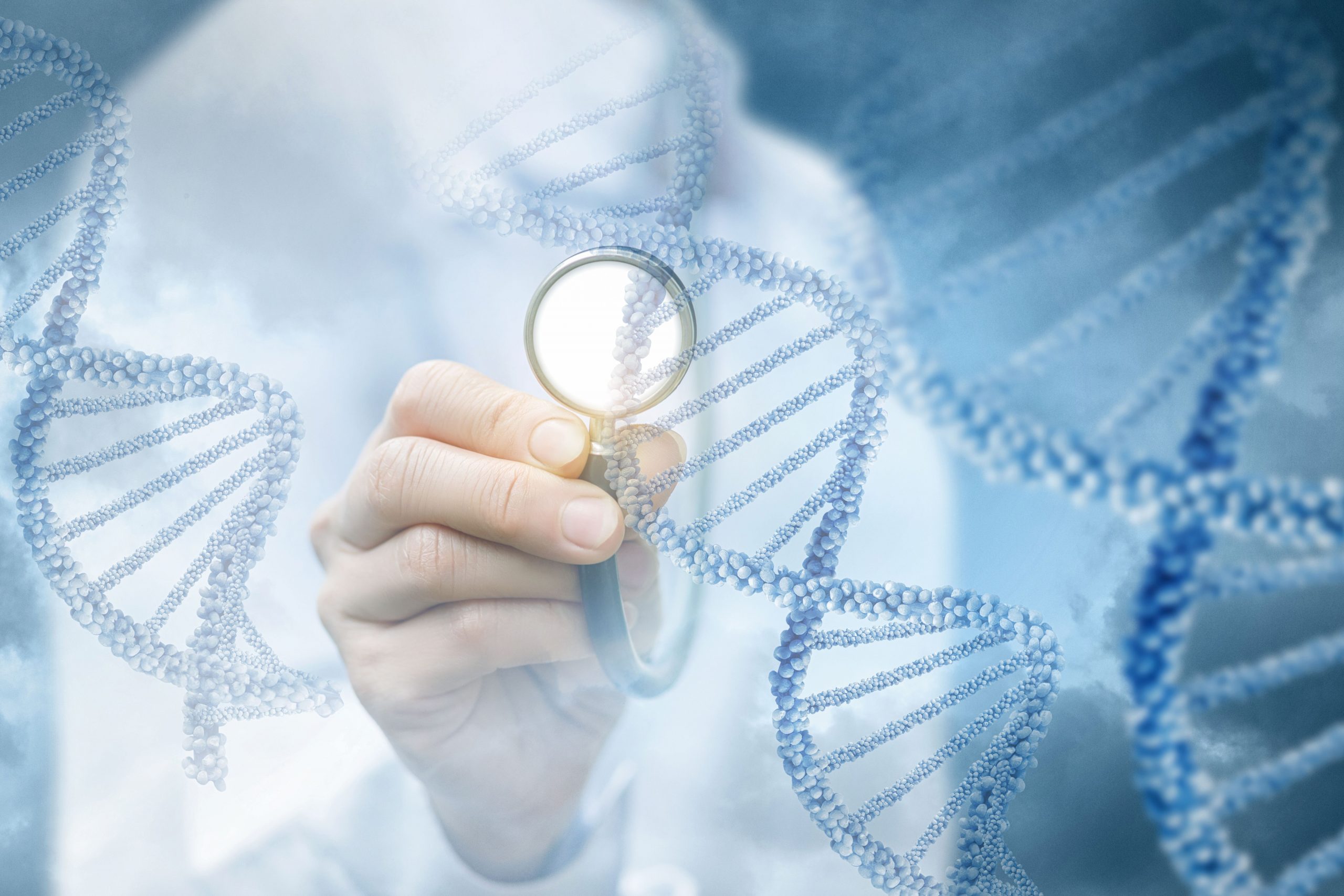The cause of failure in trying to have a child may be genetic defects of the embryo. What are the disadvantages? Can they be avoided to increase the chances of the in vitro procedure being successful? You will find the answers to these questions in our article.

For a couple for whom the only chance to have children is in vitro, subsequent unsuccessful attempts to conceive are not only a significant emotional burden, but also a financial one. The cause of failure in trying to have a child may be genetic defects of the embryo. What are the disadvantages? Can they be avoided to increase the chances of the in vitro procedure being successful? You will find the answers to these questions in our article.
The cause may be an incorrect number of chromosomes
Chromosome aberrations, i.e. abnormalities in the number or structure of chromosomes are the most common causes of premature termination of pregnancy and problems with embryo implantation during the in vitro procedure. A child who, despite errors in genetic material, survives may be affected by a congenital malformation syndrome, e.g. Down syndrome (trisomy 21), Edwards syndrome (trisomy 18), Patau syndrome (trisomy 13) or Turner syndrome (monosomy X chromosome , X0). Each of these syndromes is accompanied by a number of disease symptoms of varying severity, impairing the functioning of the body and changing the child’s appearance. Example?
Down syndrome, which is associated with the presence of specific facial features (including oblique eyelids, a small nose with a wide back and flat root, flattened occiput) and numerous defects in the internal organs, including the heart, urogenital and digestive system . Children with Down syndrome also often have different levels of intellectual disability. Fortunately, modern medicine and biotechnology have found a way to detect chromosomal abnormalities early.
Pre-implantation screening
The preimplantation (preimplantation) screening genetic test, i.e. PGS or PGT-A, is designed to detect defects in the genetic material of the embryo before it is transferred to the uterus. In other words, thanks to this type of research, the geneticist is able to estimate the probability of the disease occurring in the offspring, even before the woman becomes pregnant. It can therefore be safely said that this is a type of prenatal screening at a very early stage of child development. It should be remembered that it is examined for the presence of these most common diseases at the same time, and not as in the case of PGD – selected diseases.
Monogenic diseases
The cause of monogenic diseases is a change in a single gene. Genetic mutation, because we are talking about it here, most often arises in a completely spontaneous way. The child may also inherit it from one of the parents (or both parents). This will happen if the mutation responsible for the occurrence of a given genetic disease affects both somatic (non-sex related) and sex cells, i.e. sperm or egg cells.
It also happens that the genetic disease does not become active. A person is only the carrier of the mutated gene that is responsible for it. However, if such a person decides to have a child with another carrier of the same genetic mutation, then there is a high risk that the offspring of such a couple will be sick. It applies to recessively inherited diseases, i.e. those for which two abnormal copies of genes are needed – one inherited from the mother and one inherited from the father. Of course, only one copy of the damaged gene is sufficient for some genetic diseases to occur. We say then that the disease is inherited in a dominant way.
Well, but a human has about 25,000 genes in their genome. It would seem, therefore, that damage to one will not cause any drastic changes in the functioning of the body. Nothing could be more wrong. The effects of damage to even one gene can seriously affect the functioning of individual organs in the human body – the heart, lungs, kidneys, muscles or the brain.
Cystic fibrosis, hemophilia, SMA
To date, we already know a lot of monogenic diseases, and thanks to the development of genetics, biotechnology and related fields, we are still discovering new ones. Many of them can be detected thanks to preimplantation diagnosis. The group of diseases that can be diagnosed in this way includes, among others hemophilia, Duchenne muscular dystrophy, cystic fibrosis, Huntington’s disease, tuberous sclerosis, spinal muscular atrophy (SMA) or congenital deafness.
Concerns and doubts about the child’s health
For many couples, the IVF treatment is the only chance to make their dreams of having a baby come true. It is no wonder then that every unsuccessful cycle arouses resentment and intensifies stress. The more so because the IVF method is already used by the couples, who already tried to have a baby for years. The decision to undergo the procedure certainly requires a lot of determination. Hundreds of questions are often born in the heads of the partners. “Will the whole procedure go well?”, “Will the child develop well?” Fortunately, genetic tests carried out on embryos before the transfer can answer them.





